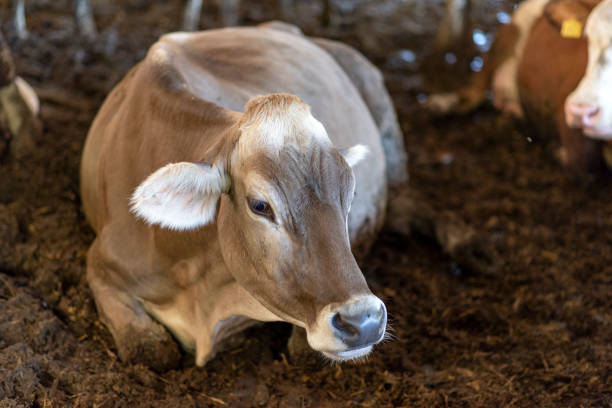Agriculture
SA farmers warned against Illegal use of Kenyan vaccine─── ISABEL VAN TONDER 08:23 Tue, 25 Nov 2025

Milk SA has warned farmers not to take matters into their own hands in the fight against foot-and-mouth disease (FMD).
The industry body was alarmed to learn of reports that some livestock farmers may be importing or threatening to use the Kenyan foot-and-mouth disease vaccine.
Milk SA has expressed sympathy for the plight of farmers amid the current foot-and-mouth epidemic, but says it cannot condone unlawful practices. In a statement, the body stressed that importing any medicine not licensed in South Africa constitutes a criminal offence, condemning the practice in the strongest terms.
To import animal medicines into South Africa, a veterinary import permit from the Directorate of Animal Health must first be obtained. The process includes a risk assessment and compliance with quality and safety systems. Specific guidelines govern the importation and distribution of scheduled substances, as well as the quality standards required for these products.
The current water-based vaccine, imported from the Botswana Veterinary Institute under a special permit, is not registered in South Africa. It is a short-acting vaccine that requires livestock to be vaccinated every three months. Meanwhile, an oil-based vaccine from Turkey is undergoing testing against the local FMD strain, and the manufacturers have submitted an application for a permit to import the product.

Milk SA warns farmers about illegal vaccines from Kenya. Photo: Pexel
The illegal vaccine, manufactured by the Kenya Veterinary Vaccines Production Institute (Kevepapi), is short-acting and requires a booster every four to six months. Marketed under the name Fotivax, it is not registered in South Africa. Moreover, Fotivax does not provide protection against all the strains of foot-and-mouth disease present in the country.
Experts warn that the vaccine may alter strains, and if antibodies of a new foot-and-mouth disease strain were to be detected in a South African herd, rapid slaughter of the entire herd would be the preferred method to contain the outbreak before it spreads. The financial consequences for farmers and the wider livestock industry would be severe. Farmers are urged not to take the risk.
“Milk SA urges farmers not to take matters into their own hands. Importing or using a vaccine that has not been registered and tested in South Africa is illegal, and doing so in the case of a state-controlled disease makes the offence even more serious,” said Dr Mark Chimes, manager of Milk SA’s animal health and welfare project.
• Deel jou landbounuus: agri@ofm.co.za.















